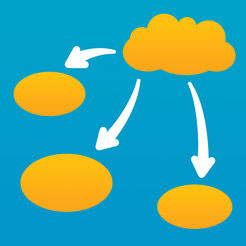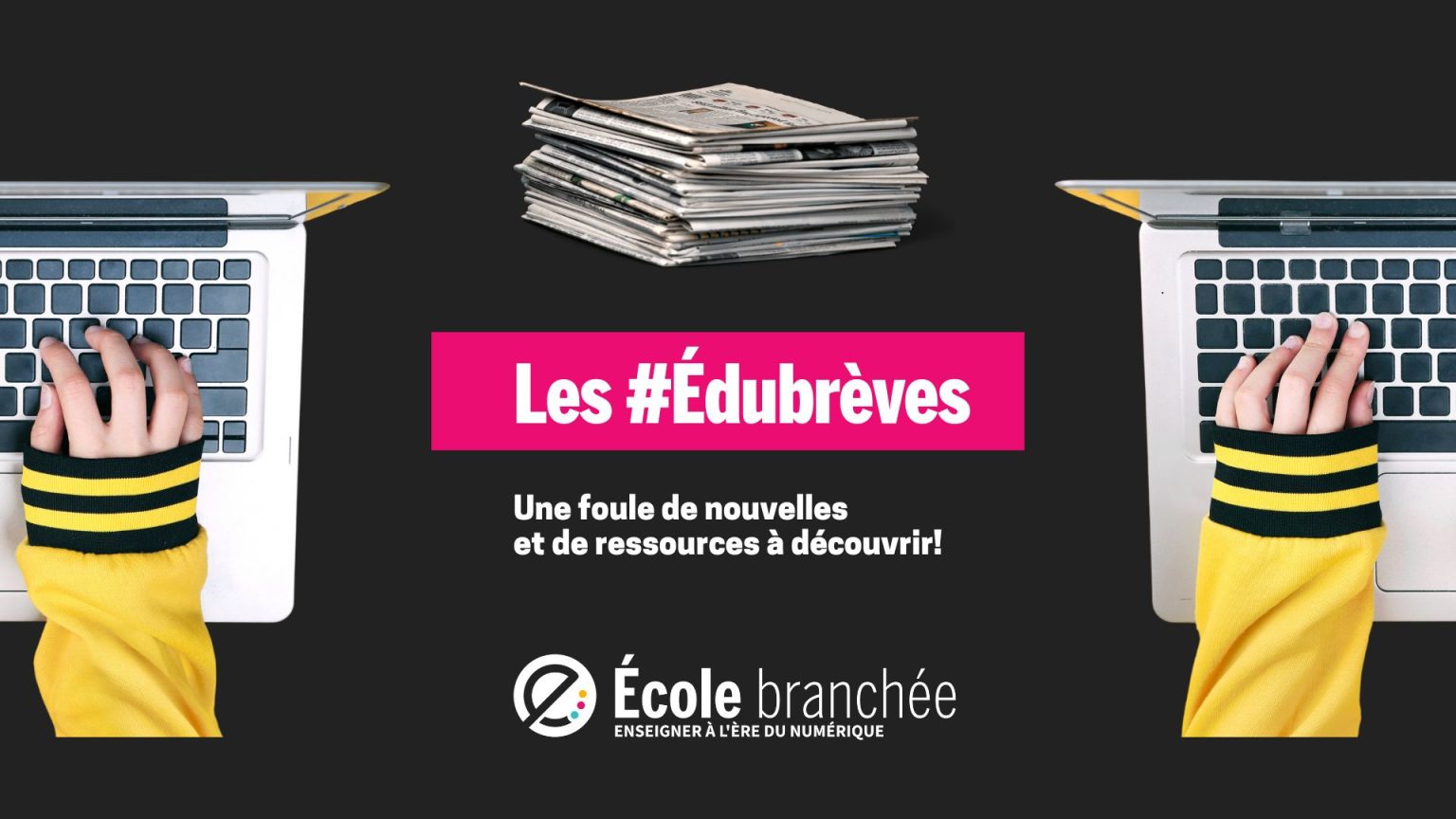Il y a deux ans, Steve Masson présentait un Webinaire qui proposait des techniques d’étude basées sur la reproduction des situations d’évaluation en contexte de révision. Il y expliquait que pour effectuer une révision et une étude efficace, il faut entraîner notre cerveau à faire ce à quoi il sera confronté en contexte d’évaluation : se souvenir.
Par Laurie Couture, enseignante à l’École secondaire l’Horizon
Il proposait donc de faire l’effort de chercher l’information lorsqu’on étudiait en se posant des questions, en refaisant un exercice que l’on a déjà fait, en étudiant en équipes, etc. Ceci étant dit, concrètement, en 2019, comment le numérique peut-il soutenir et motiver nos élèves dans leur révision? Il existe plusieurs applications intéressantes pour les aider, en voici quelques-unes :
Les schémas de concepts

Plusieurs applications en ligne ou dans les boutiques de téléchargement web permettent de faire des schémas de concepts à partir de nos propres idées. Ainsi, un élève peut faire appel à sa mémoire pour mettre en relation des concepts à l’étude et faire des liens entre les différentes notions vues. Pourquoi le faire sur une application et non sur papier? Parce que l’élève peut rajouter de la couleur, des images et des liens vidéos (un bel avantage pour les mémoires photographiques).
Propositions de plateformes :
- Inspiration (application présentée sur l’image ci-dessus)
- Popplet
- Microsoft Word (voir dans insertion SmartArt).
Les plateformes collaboratives
Qui a dit que l’étude devait se faire seul(e)? Les outils collaboratifs proposés par la suite Google ou par la suite Office 365 en ligne permettent aux élèves de travailler sur le même document en étant chacun sur un appareil différent. Ainsi, pourquoi ne pas se partager les thèmes à l’étude afin que chacun effectue sa partie? Pourquoi ne pas inclure des questions dans notre outil afin que notre collaborateur puisse y répondre de son côté? Il est également possible d’aller chercher images et vidéos pour appuyer le tout.
Les réseaux sociaux

https://www.technipages.com
Ces petites bêtes-là n’ont pas que des défauts! Au contraire, ils permettent à nos élèves de communiquer. Pourquoi ne pas leur proposer d’utiliser Facetime ou Skype afin d’étudier en équipe? Poser des questions, partager des explications de concepts, échanger au sujet de la matière… il s’agit là de pratiques favorisant la mémorisation et pouvant être réalisées à distance à l’aide d’un micro et d’une caméra. Si vous n’avez pas Classroom, pourquoi ne pas créer une page Facebook de classe pour que les élèves puissent échanger entre eux? En plus de favoriser les méthodes d’études probantes, les élèves apprennent à utiliser le réseau social à bon escient.
Maintenant, à vos ordis, tablettes, cellulaires, et bonne découverte!






